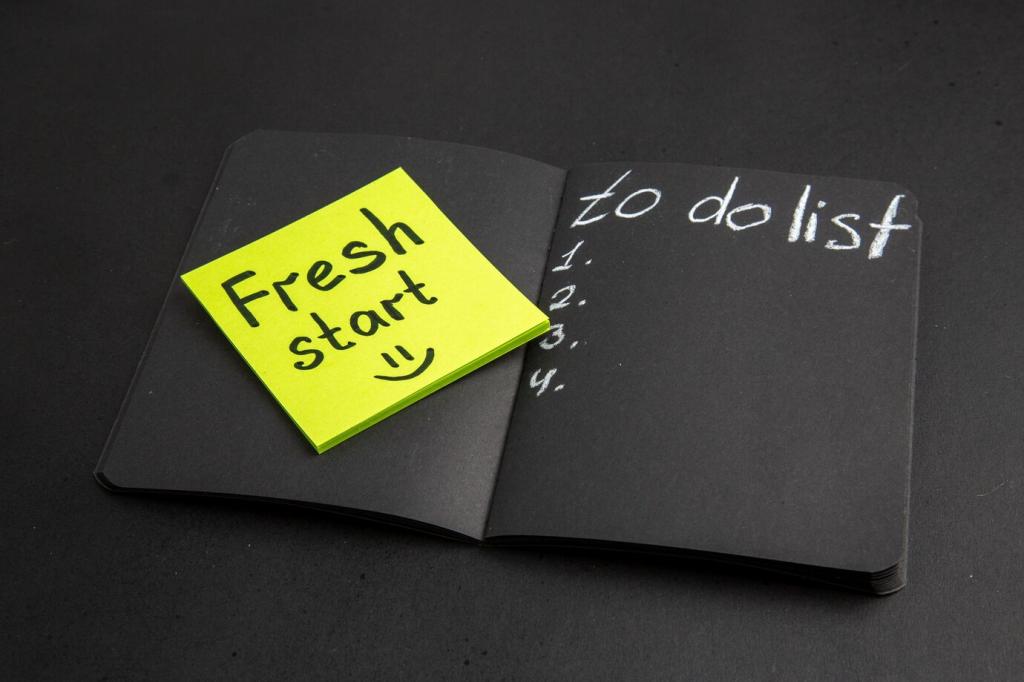Neuroscience Notes: Why Loops Lock In
When outcomes beat or miss expectations, dopamine signals adjust future behavior. This is why surprising, satisfying rewards shape routines fast. Design small, reliable wins early on to teach your brain that the new loop pays off consistently and deserves automatic status.
Neuroscience Notes: Why Loops Lock In
During sleep, your brain strengthens useful patterns and prunes noise. Repetition followed by rest cements loops more effectively than marathon sessions. Protect seven to eight hours when learning a new routine, and journal one line before bed to prime tomorrow’s cue.
Neuroscience Notes: Why Loops Lock In
When your prefrontal cortex is taxed, old loops dominate. Plan important routines early, or pre-commit with if-then plans to avoid choice overload. Share one decision you’ll automate this week—meal prep, outfit, or workout—to reserve willpower for what matters most.
Neuroscience Notes: Why Loops Lock In
Lorem ipsum dolor sit amet, consectetur adipiscing elit. Ut elit tellus, luctus nec ullamcorper mattis, pulvinar dapibus leo.




